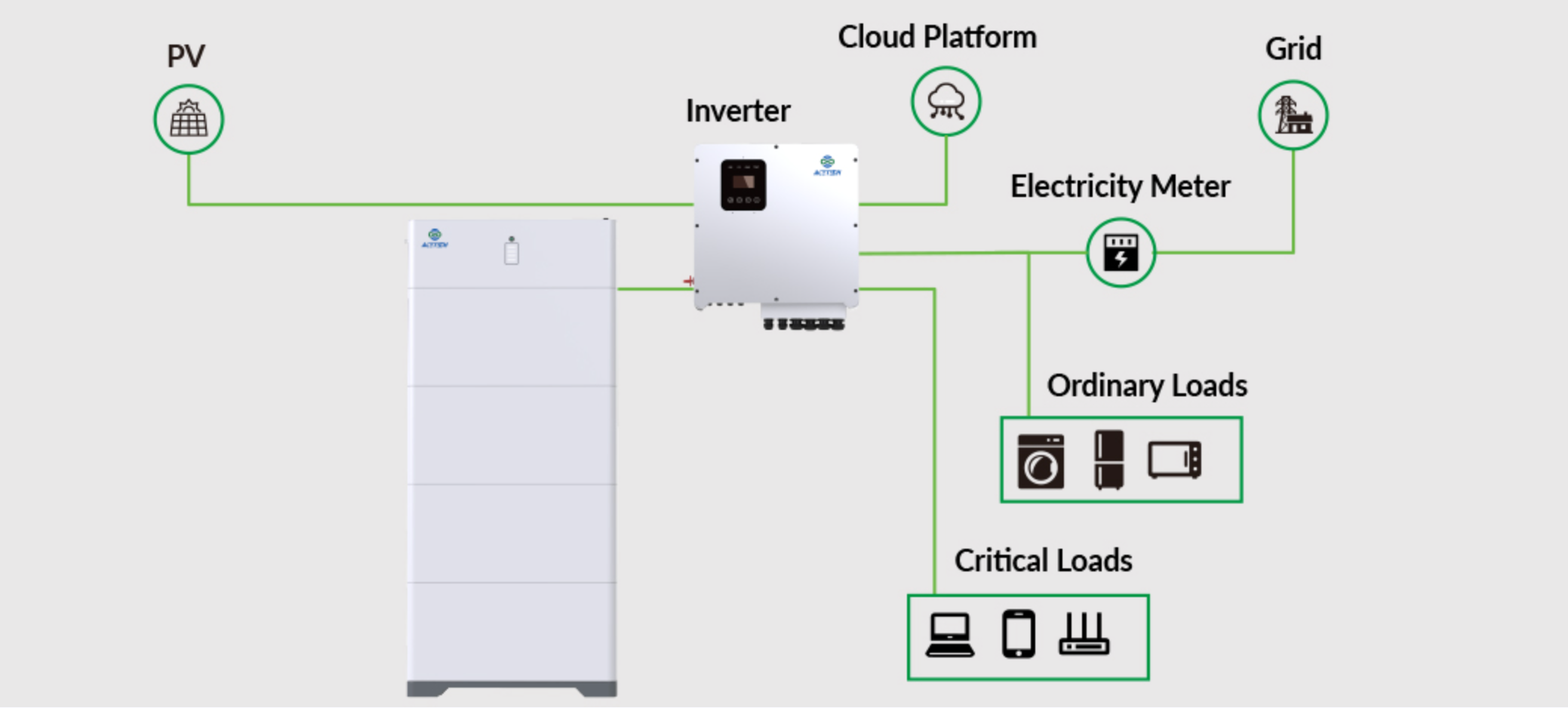
Inquiry
Can I Charge a Lithium Battery with a Normal Charger?
How Battery Chargers Work
When fully charged, lithium batteries have a narrower voltage operating range compared to the lead-acid one of the same specification.
Lithium batteries require a constant current source for charging, which is provided by the charger until the battery reaches full capacity. Unlike lead-acid batteries, lithium battery chargers do not have a 'float' or 'trickle charge' feature. Some users wonder if a normal or standard battery charger can charge a lithium battery, but the charging profile is different, which can cause issues over time.
The 'rapid charging' capability of lithium battery chargers is reliable. During the initial charging phase, a large amount of current is sent to the battery until it is nearly full, after which the charging process slows down. Fast charging occurs during the bulk phase, filling the battery to around 80% capacity. The battery's internal resistance slows down the charging process during the absorption stage.
When the battery's current consumption drops to a trickle or the battery charger remains in the absorption stage for about four hours, the float stage begins.
Several factors, such as charging too many batteries at once or using an insufficiently powerful charger, can contribute to these behaviors.
Some "smart" chargers assess the battery's condition before starting to charge, determining the appropriate stage to begin. This helps protect the battery while maximizing the charging capacity.
Charging Lithium Batteries: Top 3 Methods
Solar Panel Charging
Using solar panels is a green and efficient way to charge lithium batteries. They transform sunlight into electricity through photovoltaic cells. This energy can directly charge the batteries or be stored for later use. When choosing solar panels, consider their power output, efficiency, and the environmental conditions they'll be used in. Also, adding a charge controller is a smart move to avoid overcharging and improve the charging process. For example, a 12V 100Ah lithium battery can be fully charged in a day with a 300W solar panel, assuming around 5 hours of good sunlight.
Alternator/Generator Charging
For charging in remote areas or during outdoor activities, using a generator is a practical solution. It's essential to match the generator's output with your battery's needs. If using a generator with DC output, a DC-to-DC charger is necessary to ensure the battery charges correctly and safely. This setup prevents damage and suits various power sources, making it a versatile option for charging lithium batteries.
Dedicated Lithium Battery Chargers (Most Recommended)
Specialized Lithium battery chargers are the most effective and safest option. These chargers are designed specifically for lithium batteries, providing the right voltage and current for optimal charging. A normal or regular charger is not suitable for lithium-ion batteries because it cannot provide the correct charging curve required by a lithium-ion battery charger. They also include advanced features like overcharge protection, temperature monitoring, and automatic shut-off. These features not only enhance the charging process but also prolong the battery's life and ensure safety.
Charging a lithium battery with a normal charger isn't recommended.
Let's dive into why and what you should do instead.
Different Charging Requirements
- Lithium Batteries: They need a specific charger that can provide a constant current and voltage, usually a lithium-ion battery charger.
- Normal Chargers: These are usually designed for nickel-cadmium or lead-acid batteries and don't meet lithium batteries' specific needs.
That’s why many users ask “do lithium batteries need a special charger?” — the answer is yes.
Risks of Using a Normal Charger
- Overcharging: Lithium batteries can get overcharged, leading to damage or reduced lifespan.
- Safety Hazards: There's a risk of overheating, which can cause fires or explosions.
A regular battery charger doesn’t communicate with the battery management system (BMS), so it cannot balance cells or prevent overcharge effectively.
What You Should Do
- Use a Lithium-Specific Charger: Always use a lithium-ion battery charger designed for lithium batteries to ensure safe and efficient charging.
- Check Compatibility: Ensure your charger matches your battery's specifications.
If your lithium battery seems completely unresponsive or “dead,” check out our guide — How to Bring a Dead Lithium Battery Back to Life? — for safe recovery methods before recharging.
Maintaining Your Lithium Battery
- Regular Checks: Regularly inspect your battery for any signs of damage.
- Proper Storage: Store it in a cool, dry place when not in use.
Conclusion
For the safety and longevity of your lithium battery, it's crucial to use the right charger. While it might seem convenient to use a normal or regular battery charger, the risks far outweigh the benefits. Stick to a charger designed for your lithium battery to keep it running safely and efficiently!
If you’re unsure which charger to use, ACE Battery provides reliable lithium-ion battery solutions for safe and efficient charging.
Our expert will reach you out if you have any questions!

